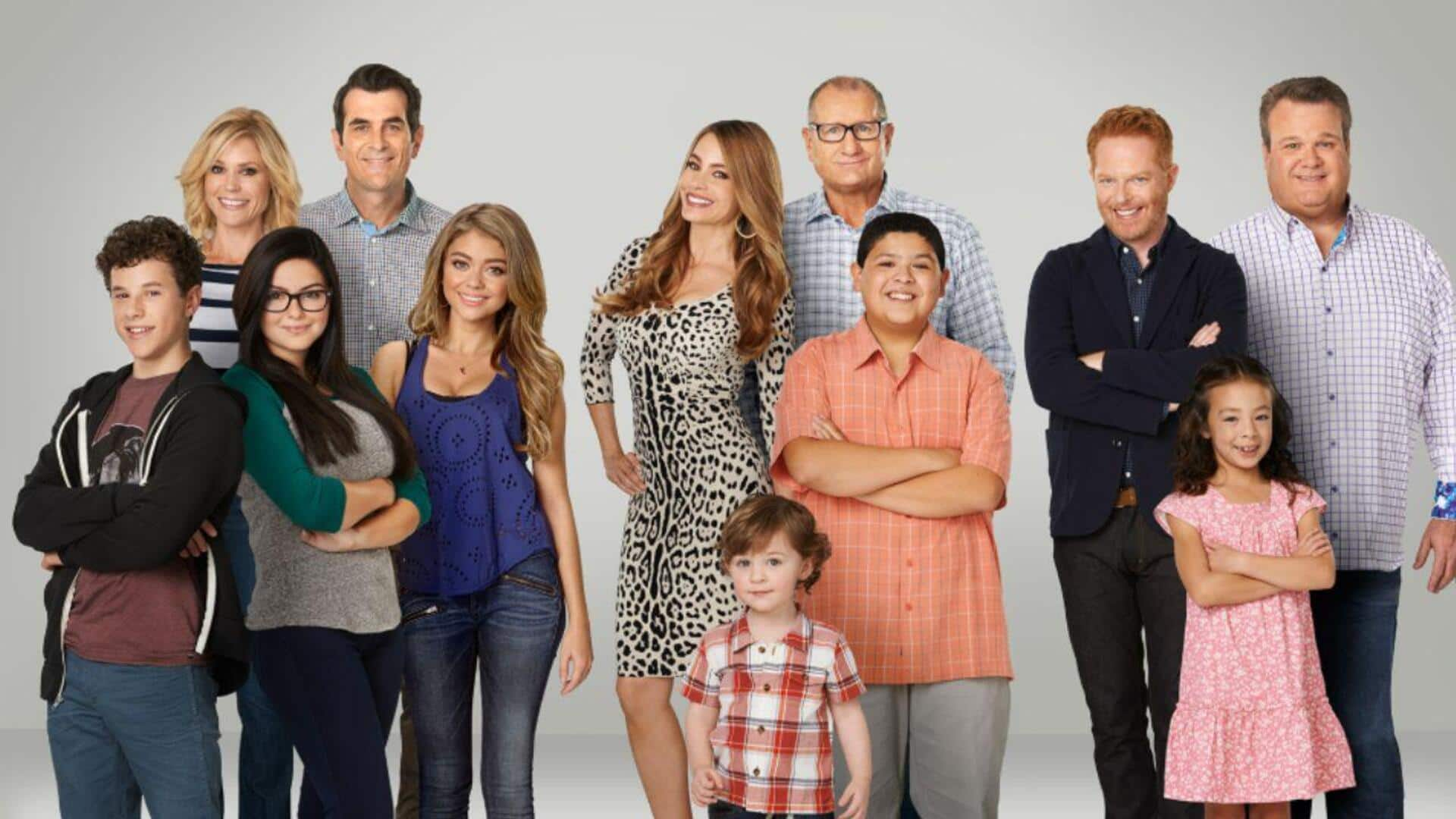
5 stereotypes 'Modern Family' reinforced about American families
What's the story
Popular television series Modern Family has been both lauded and criticized for its depiction of the American family. While it gives a humorous spin to family dynamics, it sometimes succumbs to the cliches of reinforcing stereotypes. Here are five times Modern Family reinforced common stereotypes about American families, and how these portrayals might color viewers's perception.
#1
The overbearing mother
In Modern Family, Claire Dunphy is the quintessential overbearing mother. Her character is often portrayed as controlling and overly concerned with her children's lives. This portrayal can perpetuate the notion that mothers are solely responsible for steering the ship at home and raising the kids. It may even eclipse other traits of their personality.
#2
The clueless father
Phil Dunphy's character often does the job of fitting the clueless father stereotype. He is portrayed as well-meaning but often out of touch with reality or common sense. This representation could continue the notion that fathers are less capable of handling family matters than mothers, which may not be true in today's parenting dynamics.
#3
The materialistic teenager
Haley Dunphy is often shown as a materialistic teen obsessed with clothes and social status. This only strengthens the stereotype that teens care only about superficial stuff, and not more important issues like education or personal growth, which can warp perceptions of what teens really care about.
#4
The traditional gender roles
The show also tends to emphasize traditional gender roles within its characters's relationships. Take Gloria Pritchett, for example. The glamorous housewife is always seen relying on her husband for financial support. Such portrayals can perpetuate outdated notions about what gender roles in marriage and family life should be like, overlooking more progressive or egalitarian arrangements prevalent in many modern families.
#5
The dysfunctional extended family
Modern Family often highlights that dysfunction exists in extended family relationships for the sake of comedy. While this makes the show hilarious, it also reinforces stereotypes that extended families are always messy or problematic as opposed to being the support systems that many of us have in real life.